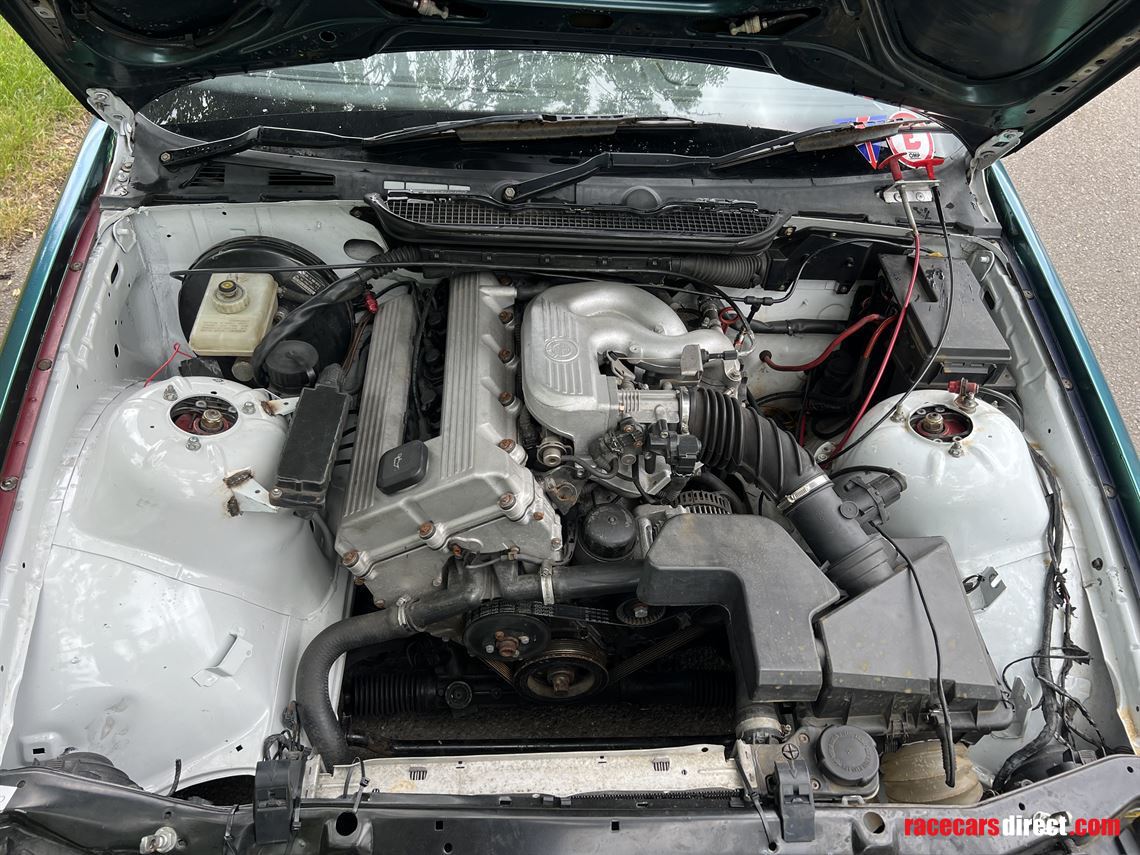Key Features to Look for When Acquiring an Engine for Automotive Applications
When thinking about the purchase of an engine for automobile applications, several key features necessitate careful evaluation to ensure optimal efficiency and performance. From power and performance capabilities to fuel resilience, adherence, and performance to exhausts requirements, each element plays an important role in establishing the engine's viability for specific auto requirements. Cost-effectiveness continues to be a critical factor in the decision-making procedure, stabilizing high quality with financial factors to consider. These features jointly add to the general efficiency and dependability of the engine, affecting the driving experience and long-lasting satisfaction of the individual.
Power and Performance
When selecting an auto engine, customers prioritize power and performance to make certain ideal driving experience and effectiveness. A well-performing engine not only delivers power successfully yet also runs efficiently across various speed arrays and driving problems.
In addition, factors such as engine displacement, turbocharging, and hybrid technologies play considerable functions in boosting both power and performance levels. Ultimately, choosing an engine that supplies a potent combination of power and efficiency makes sure a efficient and gratifying driving experience.
Gas Performance
Optimizing fuel effectiveness is an extremely important consideration for consumers when examining auto engine options. Modern engines with features like direct fuel injection, turbocharging, and variable valve timing can substantially boost fuel efficiency by boosting combustion processes and decreasing energy loss.

Longevity and Dependability
Attaining resilient efficiency and trustworthy procedure is necessary for consumers evaluating the sturdiness and reliability of vehicle engines. When taking into consideration an engine for automobile applications, durability refers to the engine's capacity to withstand wear, anxiety, and harsh operating problems over a prolonged period. Integrity, on the other hand, implies that the engine can continually perform its designated feature without unanticipated break downs or failings.
Consumers need to seek engines built with high-grade materials and accurate design to make certain longevity. Components such as bearings, crankshafts, and pistons should be resilient to handle the engine's power outcome without early wear. Furthermore, engines furnished with innovative air conditioning systems, reliable lubrication, and durable filtration devices often tend to show greater degrees of dependability.
Regular maintenance and adherence to producer suggestions are likewise important consider protecting an engine's toughness and integrity. By complying with upkeep routines, making use of advised liquids, and attending to any type of problems quickly, consumers can optimize the life expectancy and efficiency of their automobile other engines. Ultimately, prioritizing resilience and reliability in engine option can bring about a much more rewarding ownership experience with less unanticipated disruptions.
Emissions Conformity
Making certain conformity with discharges policies is an important element of assessing auto engines for eco mindful customers. With boosting issues about air top quality and environmental impact, rigorous discharges standards have actually been established worldwide to lower harmful contaminants released right into the environment. When purchasing an engine for vehicle applications, it is necessary to consider its exhausts compliance to minimize the carbon impact and abide by legal needs.
Modern engines are geared up with innovative exhaust control technologies such as catalytic converters, exhaust gas recirculation (EGR) systems, and careful catalytic reduction (SCR) to decrease dangerous exhaust gases like nitrogen oxides (NOx), carbon monoxide (CARBON MONOXIDE), and hydrocarbons (HC) These systems play a vital role in making sure that the engine meets the specified exhausts standards and operates within permitted limits.

Cost-effectiveness
When thinking about auto engine acquisitions, evaluating cost-effectiveness is critical for consumers seeking both performance and value. Cost-effectiveness in engine purchase includes even more than simply the preliminary acquisition price. It includes the general costs associated to upkeep, fuel usage, and prospective repair services over the engine's life expectancy. Choosing an engine that uses a balance between ahead of time expenses and long-lasting cost savings can lead to significant benefits for the customer.
Engines that are made to optimize fuel economic situation can lead to substantial financial savings over time, especially for people that drive frequently or over lengthy distances. bmw 318ti. Furthermore, taking into consideration the availability and cost of extra parts and maintenance can contribute to the general cost-effectiveness of an engine.

Verdict
Finally, when purchasing an engine for auto applications, it is important to consider crucial attributes such as power and efficiency, gas performance, reliability and resilience, discharges compliance, and cost-effectiveness. These variables are essential in ensuring that the engine meets the requirements of the lorry and runs properly in numerous driving problems - bmw 318ti. Making a notified decision based on these criteria will inevitably lead to a reliable and effective vehicle engine purchase
From power and performance blog capacities to sustain effectiveness, sturdiness, and adherence to emissions criteria, each element plays an important function in determining the engine's viability for particular auto requirements. Engines designed to run on different fuels such as electrical power, crossbreed systems, or biofuels can offer better fuel economic situation and reduced exhausts compared to typical gas or diesel his response engines. Customers must carefully think about the fuel efficiency ratings and technologies integrated right into automobile engines to make enlightened buying choices that line up with their top priorities for expense financial savings and sustainability.
When considering an engine for vehicle applications, durability refers to the engine's capability to hold up against wear, tension, and extreme operating problems over an extended duration.In verdict, when purchasing an engine for automobile applications, it is critical to think about vital features such as power and performance, gas sturdiness, integrity and efficiency, emissions compliance, and cost-effectiveness.
Comments on “Maintaining Your BMW 318ti: Vital Tips for Durability”